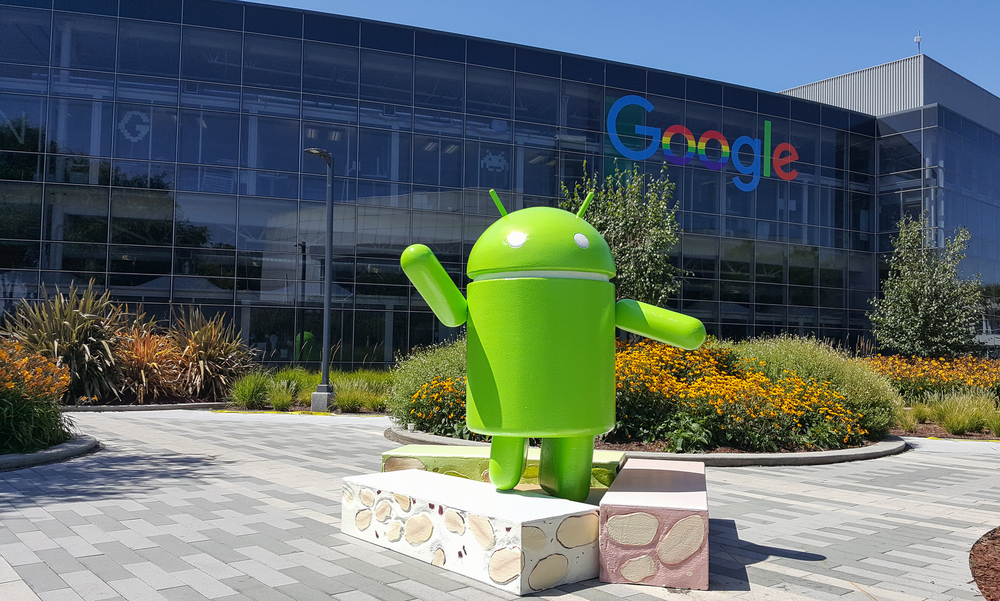
Over the past five years, Android has expediently become the global market leader in smartphone and tablet mobile operating systems. Its open-source platform has proven successful in attracting an abundance of hardware manufacturers and application developers. Google’s legion of partners has spurred innovation to produce a vast and varied selection of cellular phones and tablets. Consumers have responded positively to the ever-growing number of options. For now, they have been willing to make the trade-off of less security for a lower cost device. In effect, Android has captured approximately 84 percent of smartphone market share and 70 percent of tablets. Although the Android platform may not produce the highest financial returns for its partners, it indisputably has the most users, which is valuable.
Android is replicating this model to penetrate the business space. Hardware manufacturers are investing R&D dollars to make rugged mobile devices with Android OS. Most devices with Android in the workforce today are built for environments such as healthcare, field service, retail and logistics. These are applications where rugged devices with form factors and features similar to smartphones are appealing to users. They like the familiarity of not only the look and feel of the devices they use in their personal lives, but also of the operating systems that they know well. This doesn’t mean that we won’t see Android as an option for industrial rugged devices in the near future. Quite the opposite! Many top manufacturers’ product roadmaps will likely include an Android OS option for devices inside the four walls.
No longer will Windows be the only game in town. If behavior in the consumer space is an indicator for business then we will start to see more application developers make business software that is compatible with Android OS. The momentum is already visible. Plus, the pool of talent for developing Android OS may spillover from the consumer market to enterprise, making knowledge and resources less of a barrier to entry. It may be too soon to tell if Android will emerge as a dominant player. Google has a lot of challenges ahead of it including trying to compete with Microsoft’s long legacy in that space. What we do know is that Google has an effective business model that does well for mobile, and that’s how they are making their entry into business.
Co-contributor: Angela Feeney

